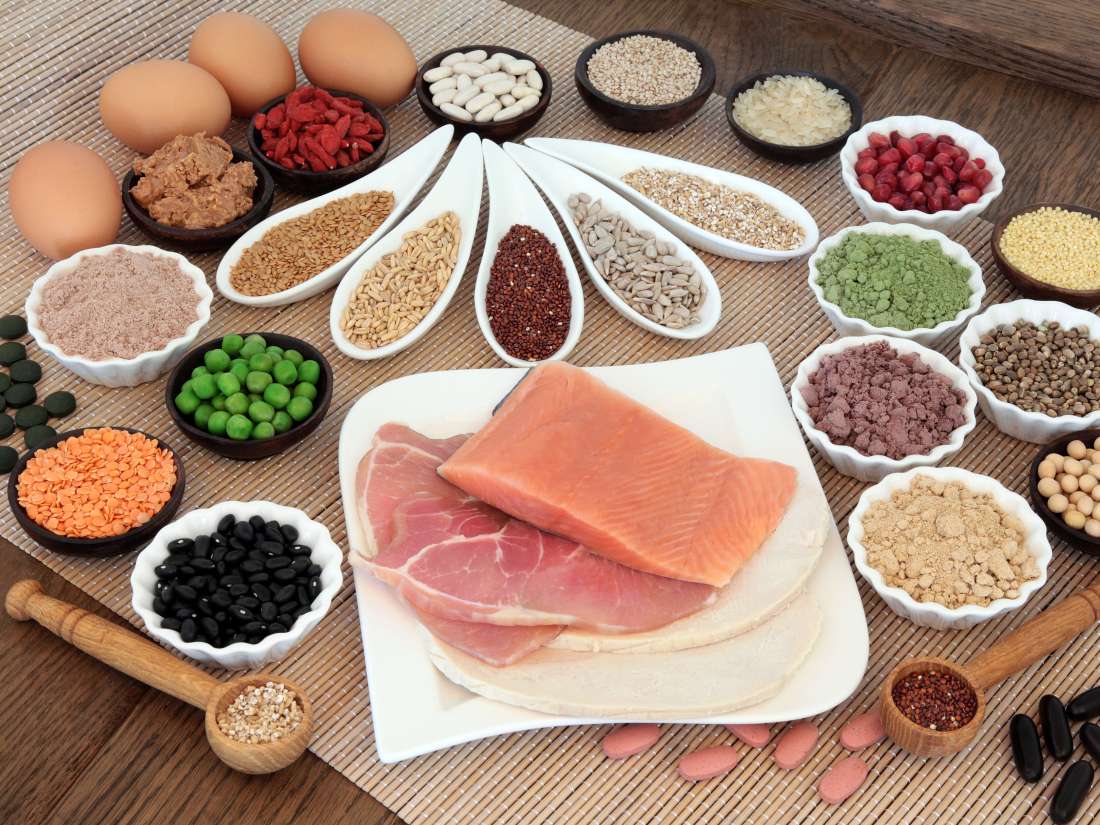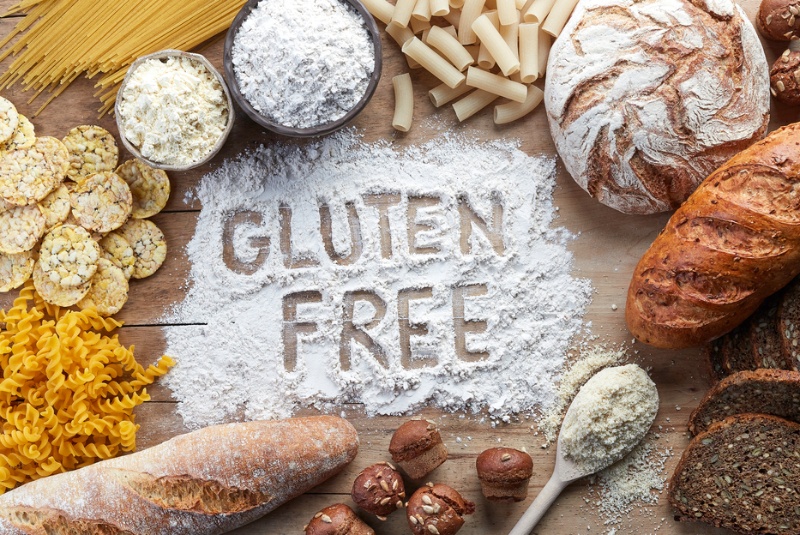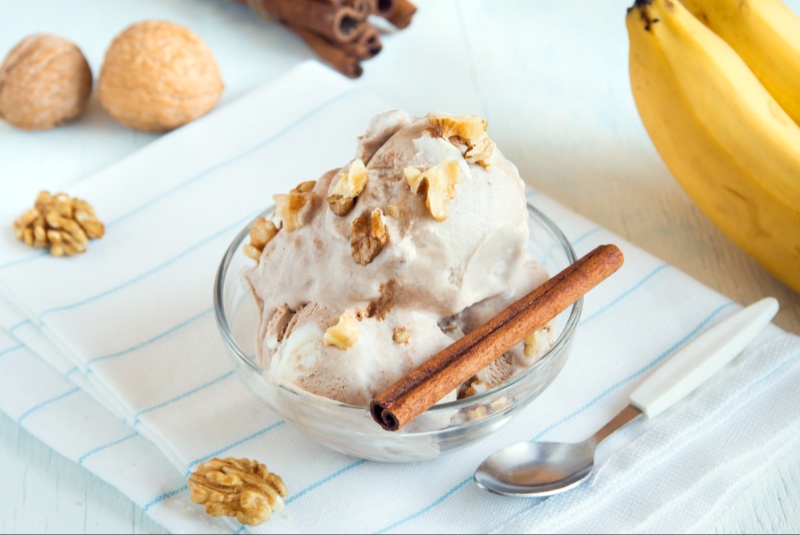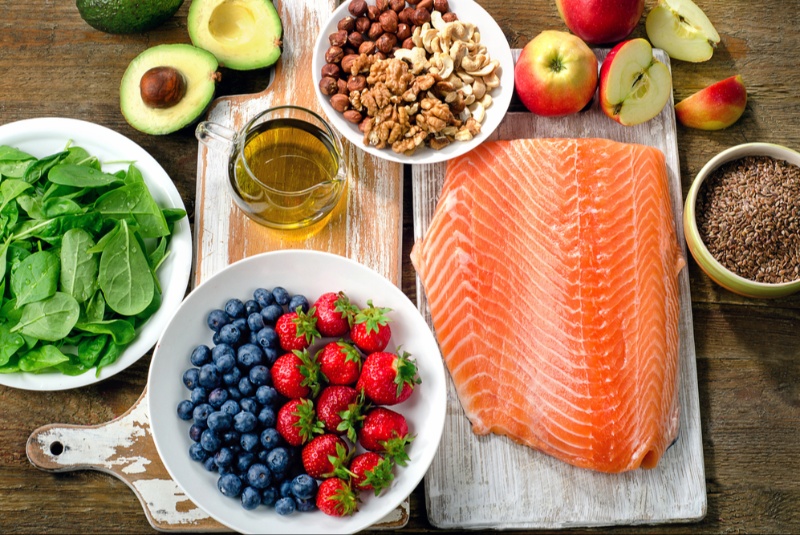If you exercise frequently you have probably heard about the importance of protein in your diet. It could have been from a muscled juice head from your gym – but believe it or not you need to supplement a fair amount of protein to see the results you are working towards.

Protein is composed of amino acids, hydrogen, oxygen, nitrogen, and sulfur. Protein can be found in many foods such as meats, dairy, and vegetables. They are highly important for your body because they are involved in repairing and building tissues. They’re the foundation of muscles, cartilage, bones, blood, and skin.
Eating the right amount of protein can promote muscle growth and maintain existing muscle. Research studies prove a high protein diet can result in fat loss and increased strength and physical ability. Individuals who eat higher amounts of protein help support their bones, especially when they’re old in age. Old age leaves you susceptible to bone loss and fracture. An excellent way to prevent these ailments is to make sure you’re getting adequate amounts of protein.
It can be harder to supplement proper amounts of protein under a vegan or vegetarian diet. Those who follow a vegan or vegetarian diet should be mindful of fulfilling their protein intake by getting their calories from a variety of sources, especially if they are physically active.
The Dietary Reference Intake (DRI) recommends 0.8 grams of protein per kilogram of body weight or 0.36 grams per pound. This number changes depending on activity levels. An active person requires more protein than a sedentary person. Too much protein can be a bad thing too. If you consume too much protein you run the risk of having the excess amounts stored as fat.
Foods that contain high amounts of protein:
- Eggs, particularly the egg whites
- Seeds and nuts
- Tofu
- Beans
- Legumes
- Yogurt
- Cheese
- Milk
- Fish
- Cottage cheese
- Oats




